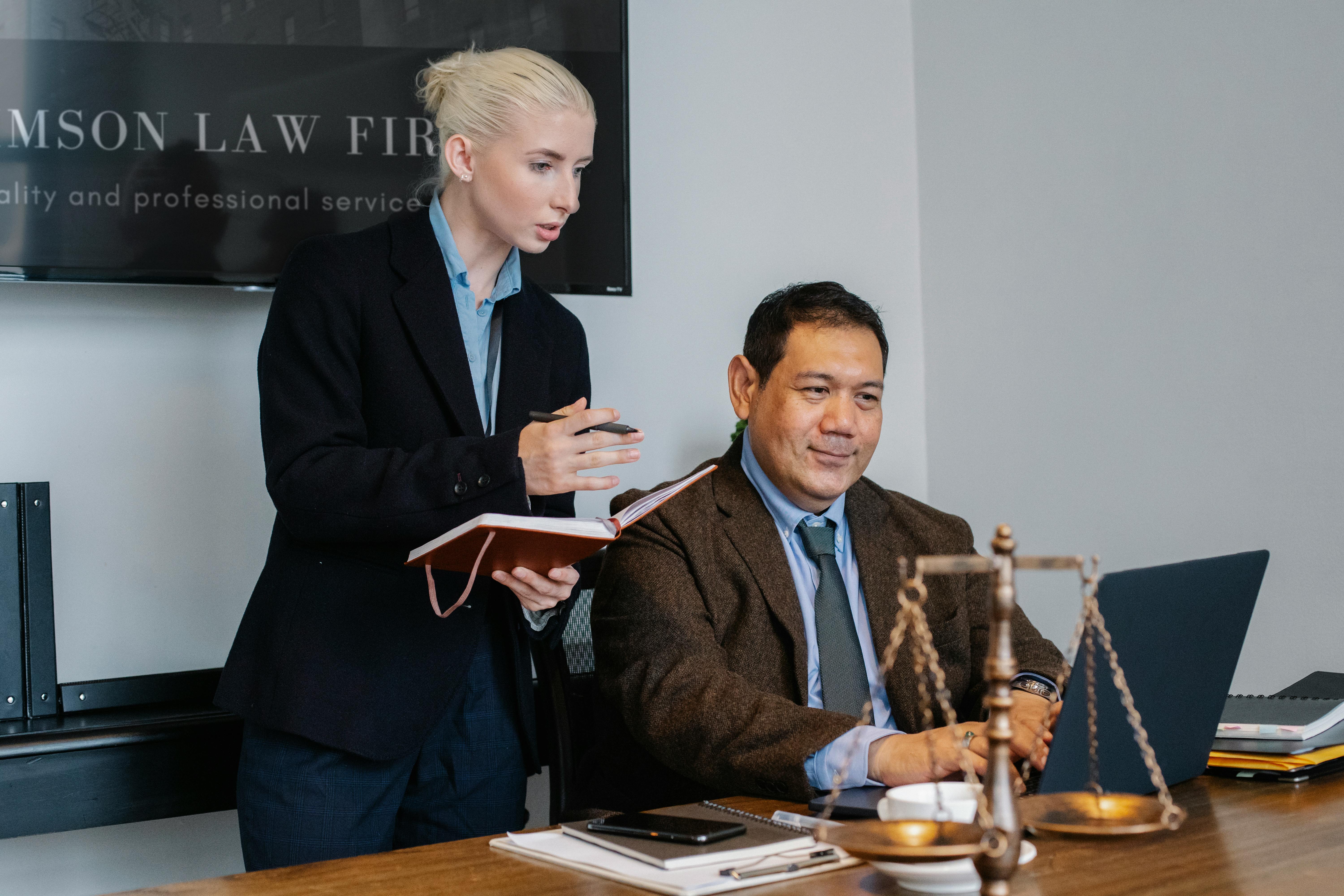Have you ever taken a statement and your opponent has continually made inappropriate objections? One after another: “Irrelevant”; “rumours;” “assumes facts that are not in evidence”, “asks for an opinion”. Hateful, isn’t it?
Or even worse, a lawyer makes oral objections blatantly designed to coach the witness, such as: “Calculated to mislead the jury into believing their side of the story, namely that the cardiologist did not review the abnormal EKG and focused exclusively on the mucus”. in the lungs, when in fact the evidence suggests that the electrocardiogram was not performed until after this witness had examined the patient. I instruct the witness not to respond on the grounds that doing so would be detrimental.”
Considering that depositions cost a thousand dollars or more and sometimes require weeks or months to assemble, inappropriate objections can be quite galling. This raises the question: What objections are appropriate in a statement?
The first thing to remember is that depositions are for discovery. And the scope of permissible discovery includes “any non-privileged matter, which is relevant to the matter at hand… [that is] itself admissible as evidence or appears reasonably calculated to lead to the discovery of admissible evidence.” Code of Civil Procedure §2017.010.
Therefore, at all times during a deposition, be on the lookout for questions seeking information that is privileged, not relevant to the issue, or not reasonably calculated for the discovery of admissible evidence. Objections to such questions, if taken well, are more likely to be appropriate.
Privileges are fairly easy to understand, and “unreasonably calculated” questions are those questions that could only logically uncover impermissible issues. The most difficult concept to understand is “not relevant to the topic”. This is not the same as “relevance” as proof of “admissibility” as used in Evidence Code §350. Rather, “subject matter relevant” for discovery purposes is considered more useful in evaluating the case, preparing for trial, or facilitating a settlement. Gonzalez v. Superior Court (City of San Fernando) (1995) 33 Cal. App.4th 1539, 1546.) Also, there is a balance that comes into play when probing irrelevant issues. Courts consider whether the benefit of allowing discovery outweighs the burden. See, Bridgestone/Firestone v. Superior Court (Rivers) (1992) 7 Cal.App.4th 1384, 1391.
The main thing to remember is that the scope of discovery allowed is very broad. “Reasonably calculated to lead to the discovery of admissible evidence” means that you are permitted to inquire into areas that may not themselves be admissible, if doing so would shed light on other evidence that is admissible. See, Greyhound Corp. v. Superior Court (Clay) (1961) 56 Cal.2d 355, 384. Therefore, the scope of the proper grounds to challenge questions in a deposition is more limited than in a trial.
For example, it is permissible to ask a respondent questions that require hearsay, information that might be technically irrelevant to an issue or require an opinion, even from a lay witness. Answers to those questions may be inadmissible at trial, but may lead to follow-up questions that uncover admissible evidence. Therefore, objections such as “hearsay,” “irrelevant,” and “requests for opinion” are generally inappropriate in a statement.
Case law specifically allows questions that require hearsay to be asked in a deposition because it could lead to other admissible evidence. Smith v. Superior Court (Alfred) (1961) 189 Cal.App.2d 6, 11-12. Also, it is permissible to search for information that is cumulative, so an objection on that ground would be inadmissible. TBGIns. services vs. Superior Court (Zieminski) (2002) 96 Cal.App.4th 443, 448. The only exception to this general rule involves discovery taken from third parties, against whom fishing trips away from the affairs are not likely to be permitted.
Asserting a privilege is a proper objection in a deposition. Such privilege objections include attorney-client (Evidence Code §950), physician-patient (Evidence Code §990), psychotherapist-patient (Evidence Code §1010), clergyman-penitent (Evidence Code §1030), incrimination (Evidence Code §940), spousal communications (Evidence Code §980), trade secrets (Evidence Code §1060), tax returns (Webb v. Standard Oil (1957) 49 Cal.2d 509, 513-514) , discussed issues in mediation (Evid. Code §1152), and others.
The next group of proper objections in a statement involve objections to the form of the question. Under Code of Civil Procedure §2025.460, subdivision (b), unless objections are filed to the form of a question in the deposition, they are waived. Such objections include claims that the question is ambiguous, confusing, compounded, requires improper narrative, requires speculation, is argumentative, or leading.
These objections need not be controversial. If your opponent objects to the form of her questions, he does not argue whether the objection was correct or not. Just rephrase your question and move on.
I have seen defense attorneys intimidate plaintiffs and plaintiffs’ attorneys with no experience in depositions by pulling out a copy of the complaint and asking the plaintiff to explain the legal arguments. These are improper questions in a statement and objections to them would be welcome. See Rifkind v. Superior Court (Good) (1994) 22 Cal.App.4th 1255, 1259. However, it is permissible to ask the plaintiff questions about the factual arguments in the complaint.
I have also seen lawyers instruct their clients not to answer questions after objections. This is only appropriate if the objection involves a privilege. In fact, Code of Civil Procedure §2025.460, subdivision (a) actually requires you to object to a question and instruct your client not to answer to preserve the privilege objection or waive it.
But ordering a witness not to answer a question for any other reason is improper. Stewart v. Colonial Western Agency (2001) 87 Cal.App.4th 1006, 1015. It is also annoying, as it impedes the flow of information and tends to encourage the witness to seek a side door in counsel whenever the questions get difficult.
Other appropriate grounds for objection in a deposition include objections to defects in the notice of deposition, defects related to the oath or affirmation, and objections related to misconduct by a party, a party’s attorney, or the court reporter.
